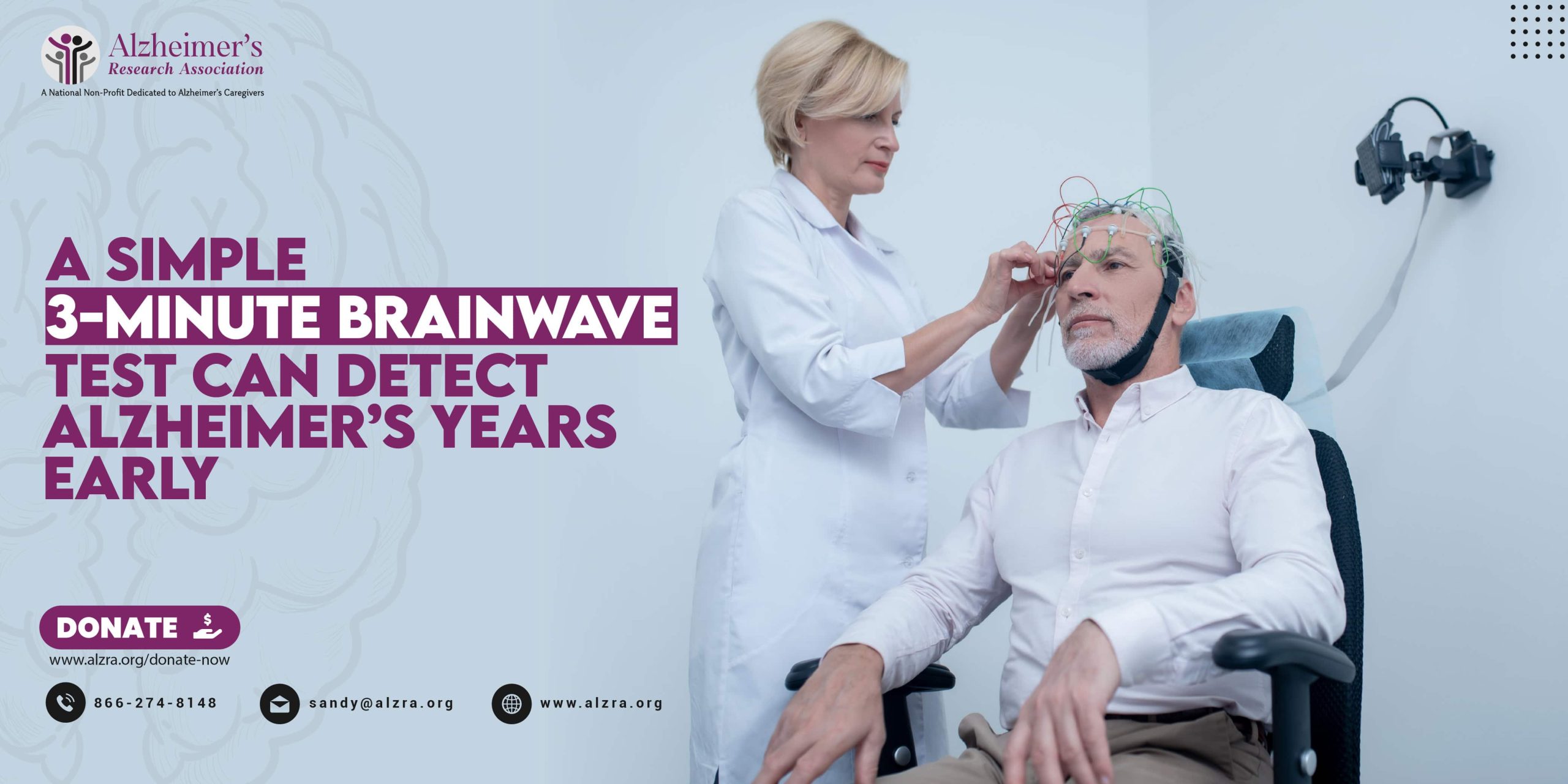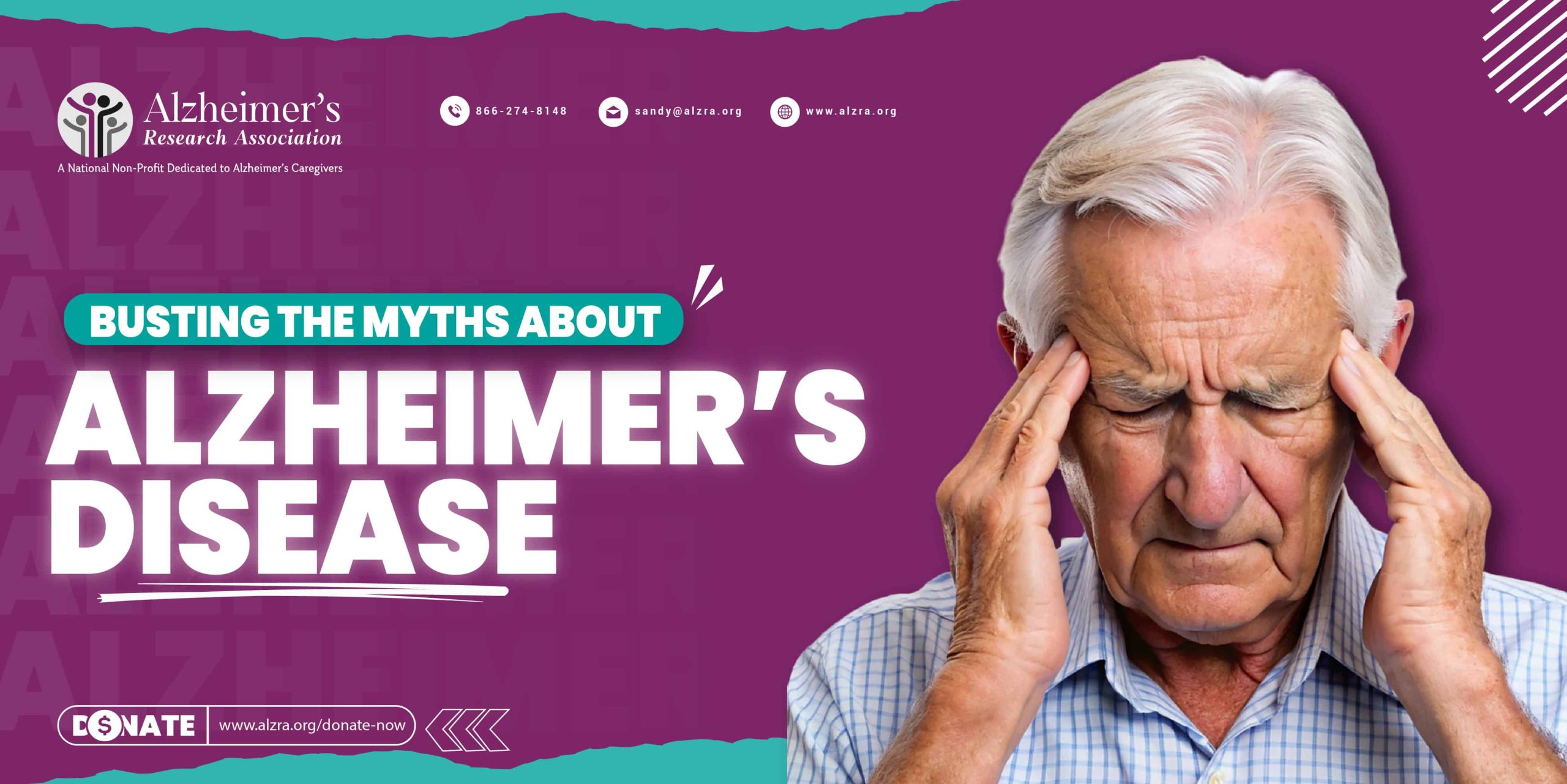According to a new study, individuals with mild cognitive impairment may benefit from a three-minute noninvasive test to help detect memory problems. The University of Bath created a straightforward brainwave test that may identify Alzheimer’s disease-related memory impairment years before a clinical diagnosis is usually possible.
Alzheimer’s disease is the most prevalent type of dementia, affecting about 32 million people globally [1]. Although it is widespread, scientists have yet to determine its exact cause or discover a cure.
Current research also increasingly focuses on developing methods for early and accurate diagnosis, which could improve treatment outcomes and disease management. Recently, a new study has revealed a simple three-minute non-invasive brainwave test, the Fastball EEG, that may identify Alzheimer’s disease-related memory impairment early.
Dr. George Stothart, the lead author of the study and a cognitive neuroscientist in the Department of Psychology at the University of Bath, states that current diagnostic techniques often overlook the initial 10 to 20 years of Alzheimer’s disease. Fastball addresses this problem by detecting memory deterioration earlier and more objectively through a simple and passive test.
The journal Brain Communications published the research [2]. The Academy of Medical Sciences and BRACE, a dementia research charity, provided funding for the study [3].
Fastball EEG: A Simple Brainwave Test
Researchers from the Universities of Bath and Bristol found that Fastball EEG can accurately identify memory issues in individuals with mild cognitive impairment (MCI), which may lead to Alzheimer’s disease. This three-minute passive test records electrical activity in the brain while participants view a stream of images. This follows a 2021 study in which the team demonstrated that Fastball was sensitive to memory loss associated with Alzheimer’s disease [4].
Fastball is a passive assessment of your brain’s automatic object recognition. The only thing a person has to do is view a screen with flashing images. These images sometimes recur, and by using an EEG (electroencephalogram) cap to detect the brainwaves, it is possible to measure how well the person’s memory is functioning.
For the study, the research team recruited 53 older persons with diagnosed MCI and 54 healthy older adults to serve as the control group. In addition to neuropsychological tests of memory, sustained attention, and general cognitive function, each participant finished a three-minute Fastball test.
By the end of the study, the team discovered that Fastball could reliably identify memory problems in MCI participants.
Dr George Stothart, the study’s lead author and a cognitive neuroscientist in the Department of Psychology at the University of Bath, noted that people with MCI who have memory problems are more likely to develop Alzheimer’s disease than those who do not have memory problems. These individuals also had low Fastball scores, indicating that Fastball can be used to detect Alzheimer’s disease in its very early stages. The task’s passive nature also allowed for the avoidance of frequent confounding factors associated with traditional memory tests, such as anxiety, education, language, and culture [5].
The New Brainwave Test Can Be Used Outside of a Clinical Setting
Most importantly, the research team showed for the first time that the Fastball EEG test can be conducted in people’s homes, as well as outside of a clinic or hospital.
Some people may find it stressful to travel to a hospital to take typical cognitive tests, Stothart said. The findings pave the way for more widespread screening and monitoring with easily available, reasonably priced equipment.
What’s Next?
The researchers are currently testing Fastball on more than 2,000 patients in the United Kingdom as part of two extensive, four-year clinical validation studies [6].
The researchers are working with Cumulus Neuroscience Ltd. to deliver these extensive studies [7]. These large-scale validation studies, which both end in 2027, will provide the researchers with the crucial accuracy data they need to present the task’s sensitivity and specificity to healthcare professionals.
Alzheimer’s Research Association is a non-profit organization dedicated to helping caregivers of Alzheimer’s disease and dementia. We provide the latest information and news about the illness and helpful tips to help caregivers cope with their daily caregiving challenges. We realize the most important thing that a caregiver needs is financial assistance. Therefore, we provide grants to caregivers to ease their financial burden. Caregivers can apply for grants here: Alzheimer’s Grant Application.
You can also help caregivers in their endeavor by donating as much as possible: Donation To Alzheimer’s Research Associations.
References
- Gustavsson, A., Norton, N., Fast, T., Frölich, L., Georges, J., Holzapfel, D., Kirabali, T., Krolak‐Salmon, P., Rossini, P.M., Ferretti, M.T. and Lanman, L., 2023. Global estimates on the number of persons across the Alzheimer’s disease continuum. Alzheimer’s & Dementia, 19(2), pp.658-670.
- Stothart, G., Alderman, S., Hermann, O., Creavin, S. and Coulthard, E.J., 2025. A passive and objective measure of recognition memory in mild cognitive impairment using Fastball memory assessment. Brain Communications, 7(5), p.fcaf279.
- Early Alzheimer’s test detects memory decline, from home. BRACE Dementia Research. https://www.alzheimers-brace.org/fastball-home/. Accessed: 13th October, 2025.
- Stothart, G., Smith, L.J., Milton, A. and Coulthard, E., 2021. A passive and objective measure of recognition memory in Alzheimer’s disease using Fastball memory assessment. Brain, 144(9), pp.2812-2825.
- Pelc, C. Can a 3-minute noninvasive test help diagnose Alzheimer’s disease early? Medical News Today. https://www.medicalnewstoday.com/articles/can-3-minute-noninvasive-brainwave-test-help-diagnose-alzheimers-disease-early. Published Online: 9th September, 2025. Accessed: 13th October, 2025.
- Diagnosing Dementia Using Fastball Neurocognitive Assessment. University of Bath. https://www.bath.ac.uk/projects/diagnosing-dementia-using-fastball-neurocognitive-assessment/. Accessed: 13th October, 2025.
- Do You Want To Make A Difference In Alzheimer’s Research? Global Alzheimer’s Platform Foundation. https://globalalzplatform.org/biohermes-002study/. Accessed: 13th October, 2025.
- Early Alzheimer’s brainwave test detects memory decline years before diagnosis. University of Bath. Press Release. https://www.bath.ac.uk/announcements/early-alzheimers-brainwave-test-detects-memory-decline-years-before-diagnosis/. Last Updated: 2nd September, 2025. Accessed: 13th October, 2025.
- A 3-minute brainwave test could spot Alzheimer’s years before symptoms. Science Daily. https://www.sciencedaily.com/releases/2025/09/250904014153.htm. Published Online: 4th September, 2025. Accessed: 13th October, 2025.
- This Simple Brainwave Test Can Spot Alzheimer’s Years Early. SciTech Daily. https://scitechdaily.com/this-simple-brainwave-test-can-spot-alzheimers-years-early/. Published Online: 20th September, 2025. Accessed: 13th October, 2025.
- 3-Minute Brainwave Test Detects Alzheimer’s Years Before Symptoms. Neuroscience. https://neurosciencenews.com/alzheimers-brainwave-test-neurology-29655/. Published Online: 2nd September, 2025. Accessed: 13th October, 2025.


